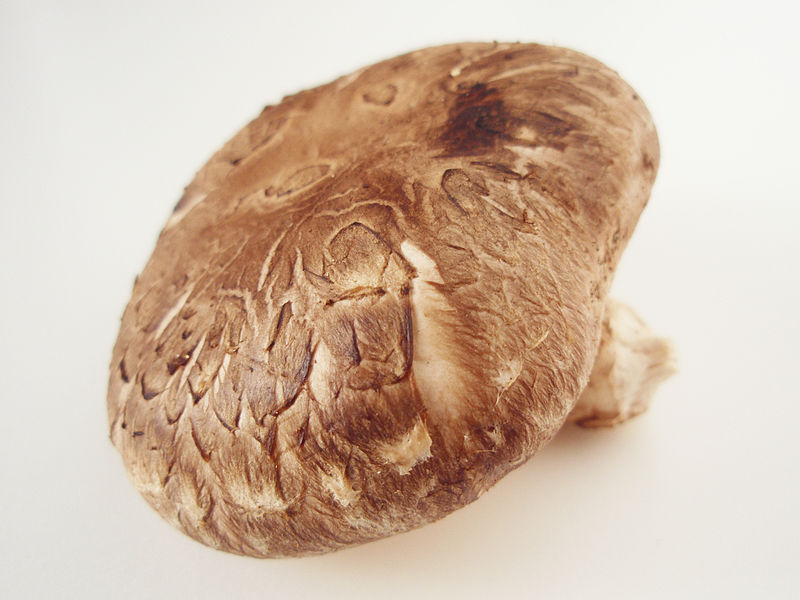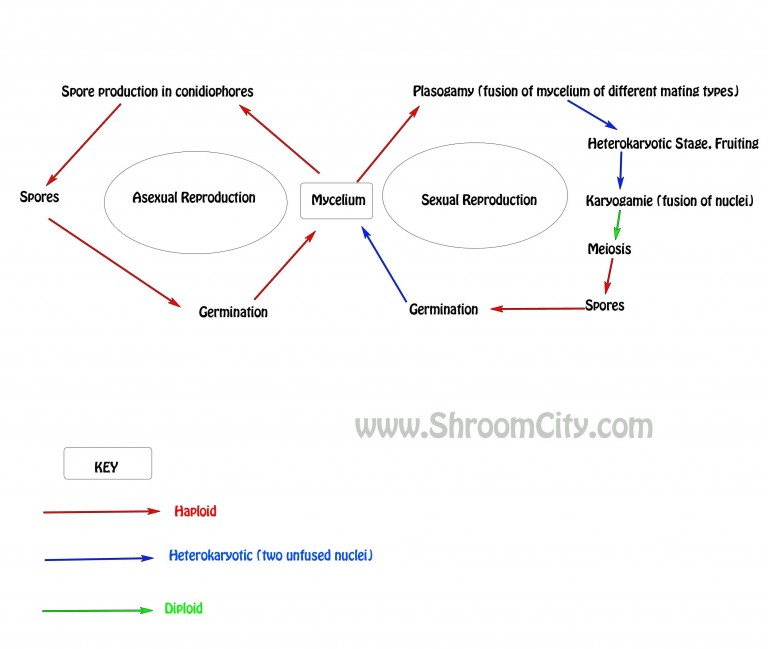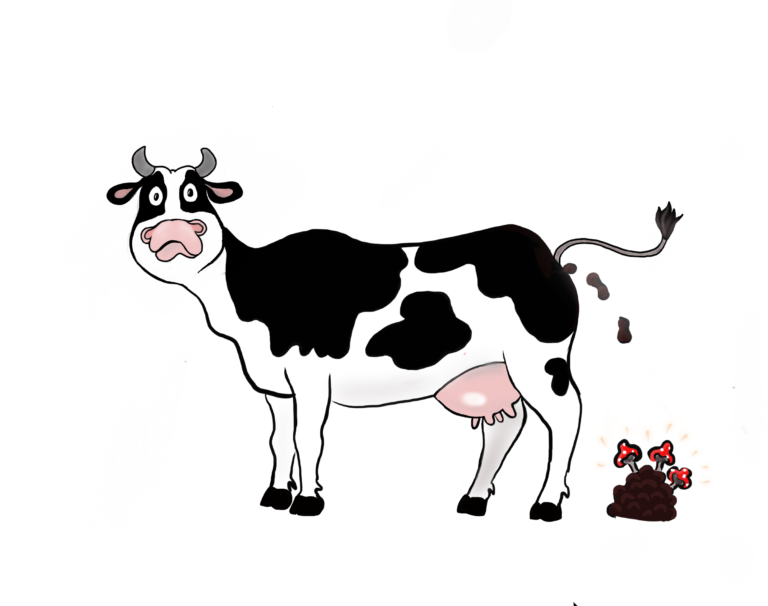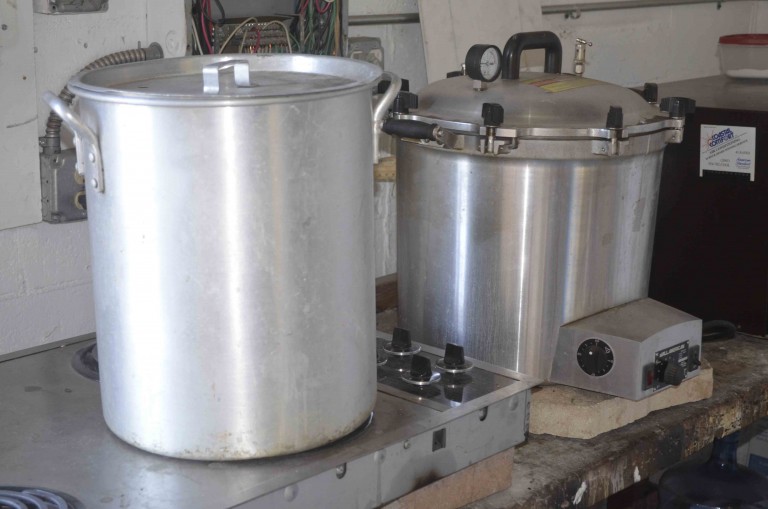Coconut Coir
Coconut Coir
Coconut Coir is the coarse fibers from a coconut husk. Coir fibers are found between the hard, internal shell and the outer coat of a coconut. The individual fiber cells are narrow and hollow, with thick walls made of cellulose. They are pale when immature, but later become hardened and yellowed as a layer of lignin is deposited on their walls. These fibers are harvested and heavily compressed into convenient coir bricks. Coconut coir is a 100% natural and renewable resource. Like peat, it can be used as an organic component in potting media, or alone as a soil amendment or to propagate plants.
Compared to peat however, it is not acidic, has a near ideal pH and is easier to work with. It retains more water than peat, which is why it is a good choice for containers and hanging baskets. It is free of bacteria and fungal spores, and produces good results without the environmental damage caused by peat mining. Ph-balanced mixtures easily hold nutrients and gradually release them to the roots. It replaces the use of sphagnum, and is superior to peat moss and rock wool for structural stability, water absorption and drainage, cat ion exchange capacity and electrical conductivity. However, the danger of high levels of soluble salts to accumulate is greater with coir products than with peat products, so its important to buy coir products from a reputable company, such as MycoLife!
Coconut Coir makes an excellent hydroponic material that doesn’t damage roots like hydroton can. It further makes a great substrate for growing mushrooms. Compressed coir bricks are easy to handle and store. They are disease resistant and have an excellent air space and water retention capacity. Good coconut coir is pH Neutral, and holds 7 times its weight in water. Coir can also be used as a terrarium substrate for reptiles or arachnids.
How to use a coir brick
One compressed coir brick, block or bale should be soaked in about 5 gallons of water for at least 30 minutes before using. The longer you let it soak, the easier it will be to separate. You will be left with a soft, fluffy and clean soilless substrate. Coconut coir bricks can expand up to 9 times in volume. Make sure you have a large enough container when soaking your coir.






